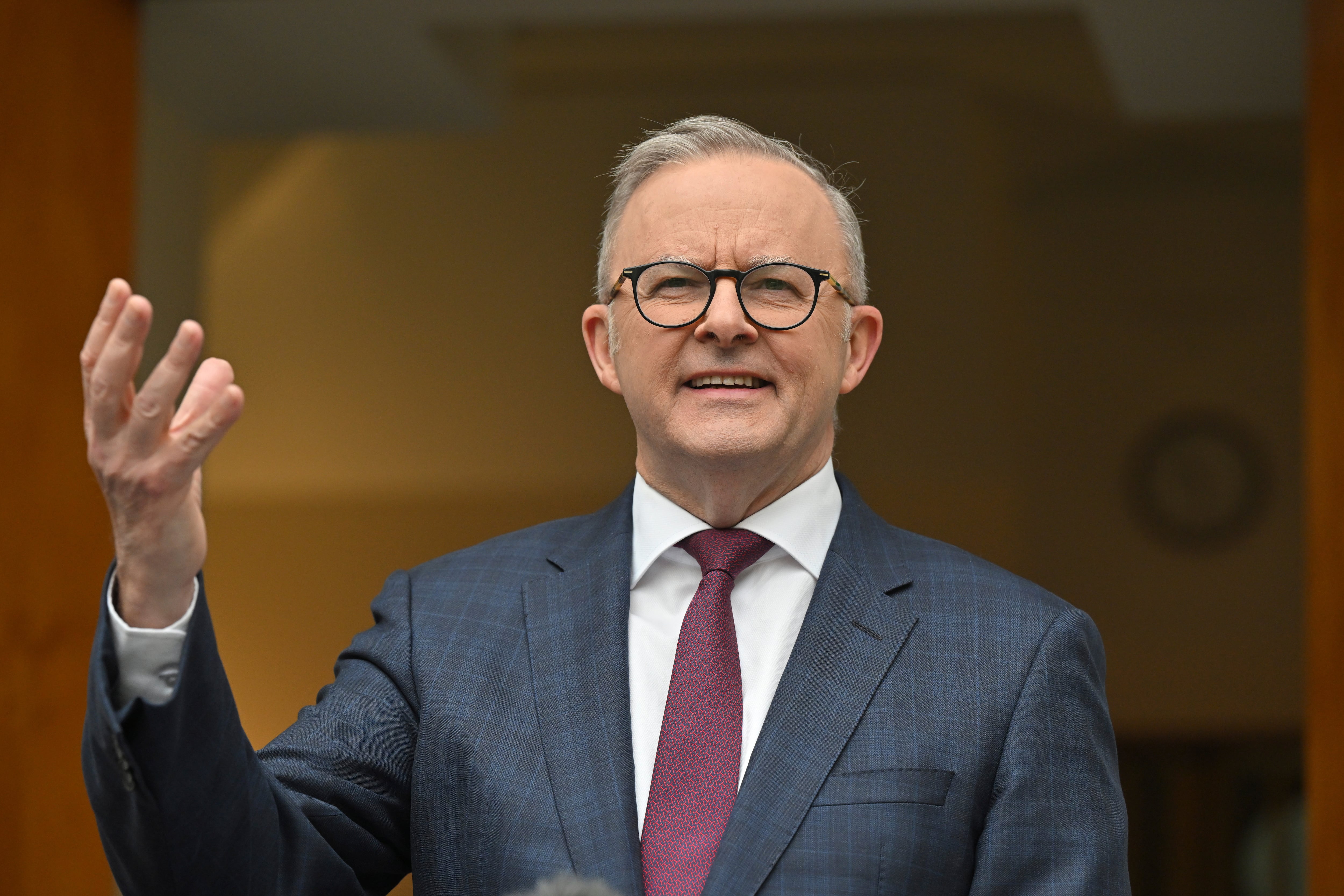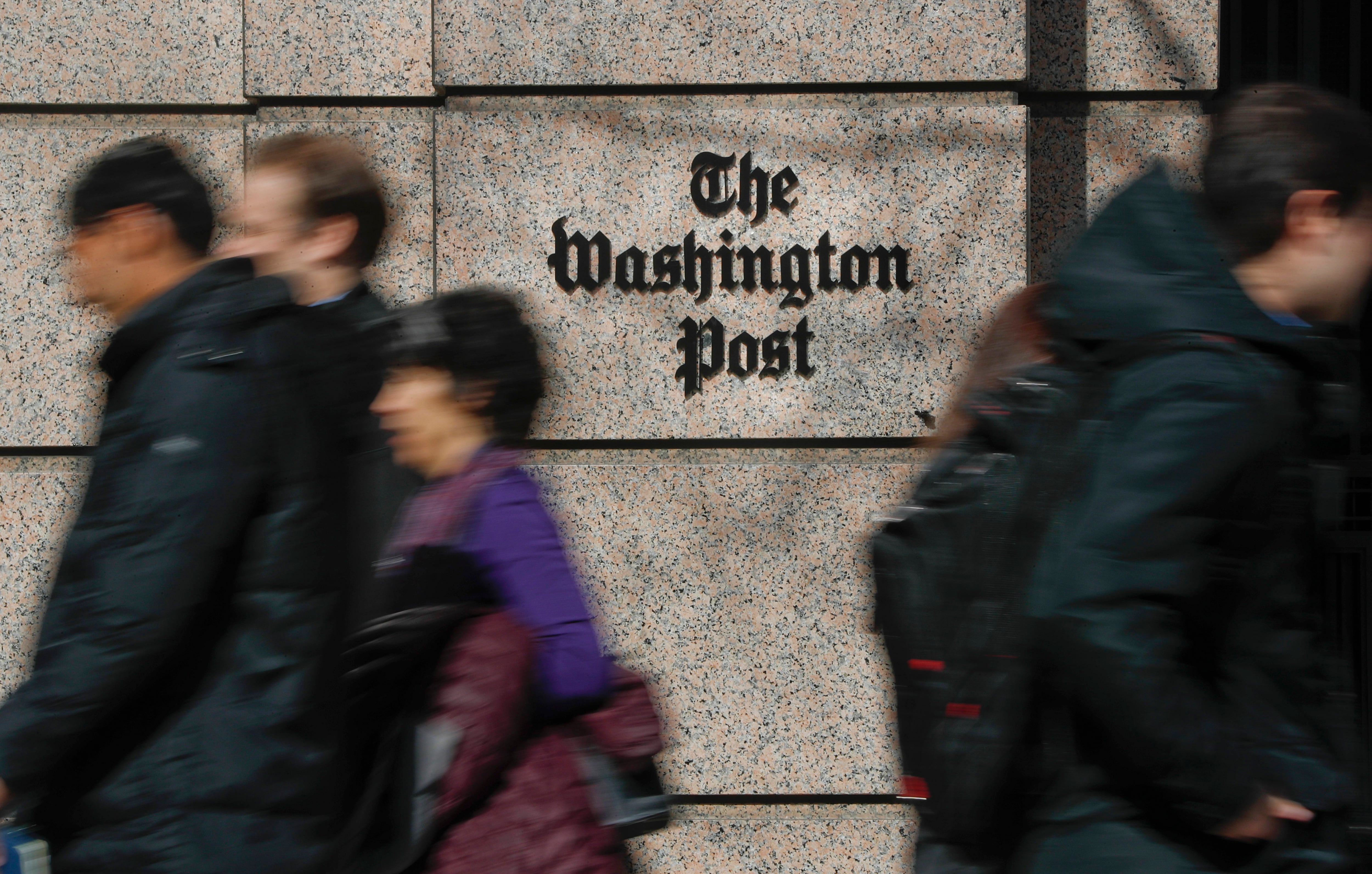By Darlene Superville and Fatima Hussein
About two-thirds of U.S. adults say they are highly concerned about how the national economy would be affected if the U.S. debt limit is not increased and the government defaults on its debts, according to a new poll, even as few say they have a solid understanding of the ongoing debt limit negotiations.
The poll shows about 6 in 10 say they want any increase in the debt limit to be coupled with agreed-upon terms for reducing the federal budget deficit. At the same time, Americans are more likely to disapprove than approve of how President Joe Biden and congressional negotiators on both sides of the aisle are handling negotiations. Slightly more approve of Biden's handling of the situation than of congressional Republicans.
The poll from The Associated Press-NORC Center for Public Affairs Research was conducted before Republican negotiators on Friday said they would “ press pause ” on talks as the two sides struggle to come to an agreement to avert a damaging default on U.S. government debt. It shows 27% say they approve of Biden and 26% say the same about congressional Democrats, while 22% approve of congressional Republicans. Close to half disapprove of each.
Robert Hutchins, 66, says he somewhat approves of how House Speaker Kevin McCarthy and Republicans in Congress are handling negotiations.
“At least he’s trying to do something,” the Republican from Milton, Delaware, said of McCarthy's leadership over his conference. “The Democrats want to spend more money and they don’t want any limit to it."
Hutchins said he doesn't have “any confidence whatsoever” in Biden and doesn't believe in abolishing the debt ceiling, as it serves as a constant reminder of the nation's debt load, which currently stands at $31.4 trillion.
Otherwise, “you just think you have an unlimited credit card and you can spend whatever you want,” he said.
Ron Ellis, 61, of Lake Charles, Louisiana, said he hasn’t been paying a lot of attention to the latest debt limit debate because he’s thinks it will be resolved in time to save the economy from harm, as the White House and Congress have done in the past. But he expressed concern about the level of U.S. borrowing, calling it “astronomical” and “out of hand.”
“I’ve learned from the past that they always at the last minute come up with a plan,” said Ellis, a registered Democrat who is retired after owning a trucking company. “Basically, it’s just a show on their part and, you know, one side blames the other and generally they end up with a decision. Hopefully they’ll do it again.”
Overall, about 2 in 10 U.S. adults say they are following negotiations over raising the debt limit extremely or very closely, and about 4 in 10 are following somewhat closely. Similarly, about 2 in 10 say they understand the situation very well and about 4 in 10 say they understand it somewhat well.
Still, a clear majority — 63% — say they think the negotiations should be coupled with terms to reduce the budget deficit. Nineteen percent say the debt limit should be raised without conditions and 16% say it should not be raised at all. Overall, the adults who say they understand the debate best are especially likely to say the debt limit should be increased without conditions, with 37% saying so among that group.
A default would likely spell catastrophe for the U.S. economy, with spillover throughout the globe, and would prompt a probable recession.
Treasury Secretary Janet Yellen warned this week that a national default would destroy jobs and businesses, and leave millions of families who rely on federal government payments to “likely go unpaid,” including Social Security beneficiaries, veterans and military families.
An AP-NORC poll conducted earlier this year also shows little consensus on cuts that would make a dent in the deficit: While most Americans said the government spends too much overall, majorities favored increased spending on popular and expensive programs including Medicare and Social Security.
Similar percentages of Republicans and Democrats say they are following and understanding negotiations, and concern about the economy if the U.S. defaults is widely bipartisan. But about a third of Democrats say the national debt limit should be increased without conditions, while just 6% of Republicans say the same.
Twenty-three percent of Republicans but just 7% of Democrats say the debt limit should not be increased under any circumstances.
Aaron Loessberg-Zahl, a 33-year-old Democrat from San Jose, California, said the debt ceiling should be raised without conditions, and called the statutory limit on borrowing “arbitrary.”
“Congress already controls the purse strings. They approve the annual budgets for our government,” Loessberg-Zahl said. “I think that’s plenty of control over the spending.”
He called the debate over whether and how to raise the debt ceiling “not productive” and said he approves of the president’s handling of negotiations.
“My belief is that those people probably don’t understand the full ramifications of what would happen if the country were to default," Loessberg-Zahl said.
Connor Knippers, a 19-year-old independent studying industrial technology at the University of Texas at Tyler, said the government should quit spending money it doesn’t have. He's OK with increasing the debt limit, but said the people in charge need to come up with a long-term solution to help the country get out of debt.
“So much of the world is tied to the U.S. when it comes to how we do business and who we do business with,” Knippers said. “If the U.S. goes down, it’s going to cause quite the problem.”
___
The poll of 1,680 adults was conducted May 11-15 using a sample drawn from NORC’s probability-based AmeriSpeak Panel, which is designed to be representative of the U.S. population. The margin of sampling error for all respondents is plus or minus 3.4 percentage points.













